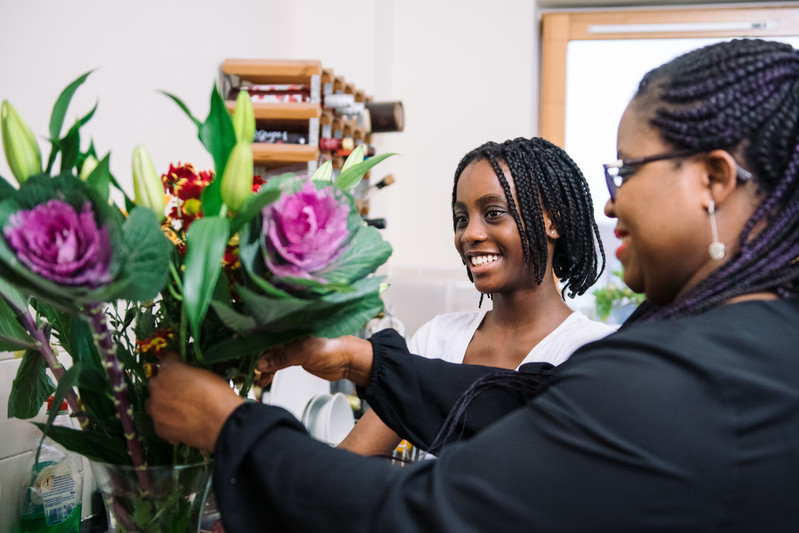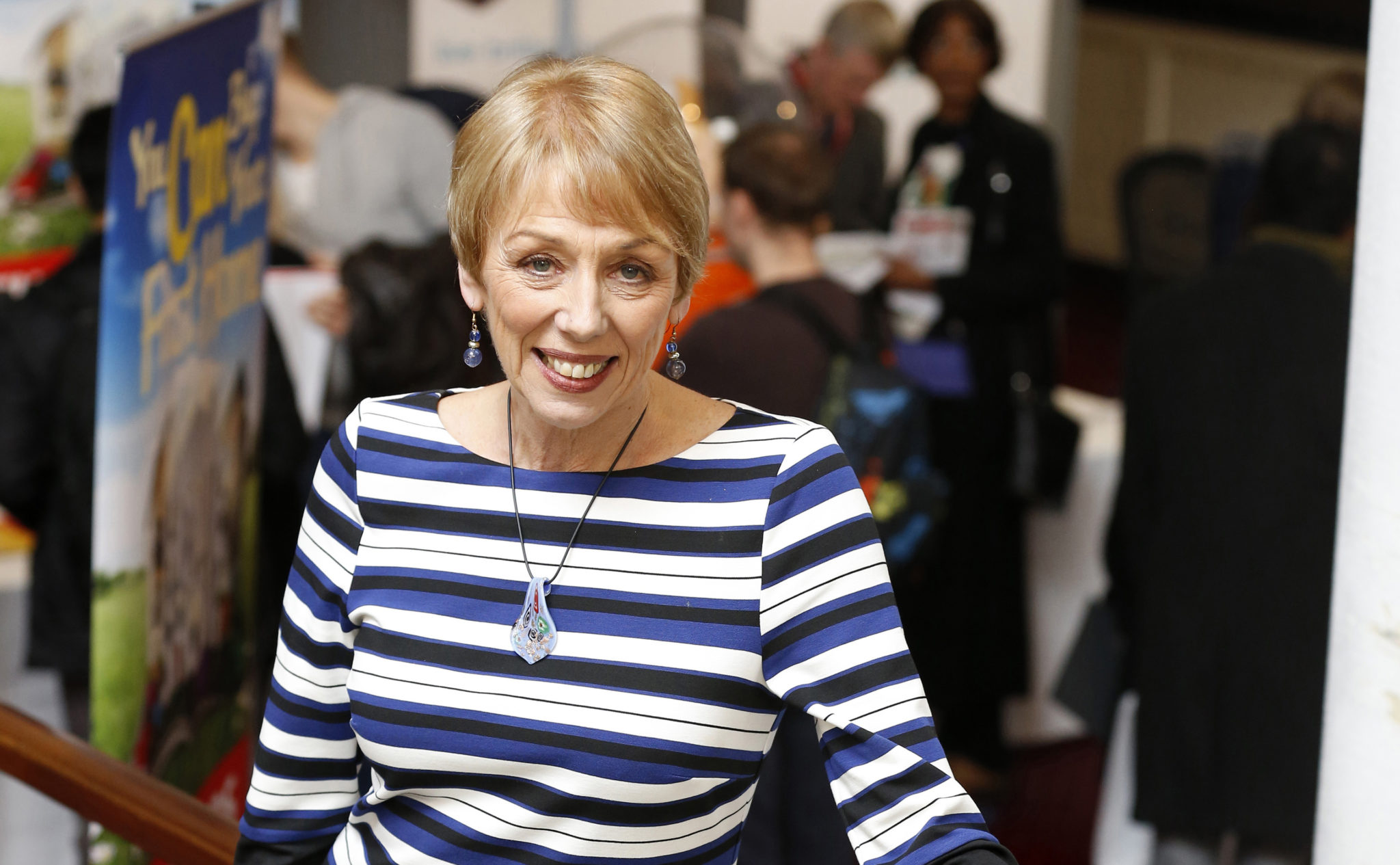As part of our guest blog series, we speak to Lynda Clark, Editor of First Time Buyer Magazine, the UK’s leading on-the shelf magazine dedicated to helping aspiring homeowners buy their dream first home.
Lynda champions alternative homebuying options, including Shared Ownership, which has become a launch pad to help first time buyers get on to the property ladder.
Shared Ownership means that you own a percentage share of your home – paying below market rent on the rest – but what happens when you want to increase the size of your share? Lynda is here to shed some light on the process, which is called ‘staircasing’. What is staircasing? “So your financial circumstances have changed since you bought your home – you’ve got a job promotion, built up additional savings, or a windfall may have come your way, and you’ve decided that you want to buy more shares in your home. But what do you do now? This is where you can ‘staircase’ – purchase additional shares in your property. “At the moment, you will need to staircase in increments of 10% or more at market value. So, if you originally purchased 25% of your home, you could increase this to 35% or even higher, depending on your individual circumstances. You can staircase all the way to 100%, where you own your home completely – just like you would if you bought on the open market. “As your shares increase, you will have to pay less rent to your housing association each month.” How do I staircase? “If you are already a shared owner and think you might be able to staircase, the first thing to do is speak to an independent financial advisor – they will help you work out all the costs, and confirm that you can afford the new mortgage payments on your increased share. They will be able to talk you through your options and make the best decision based on your individual circumstances. “Then, you will need to appoint a solicitor or conveyancer to act on your behalf during the purchase process – they will handle all the legal elements, like they did when you bought your first share. “You will also need to pay for a valuation of your property – usually, your housing association will arrange for an independent surveyor to carry this out or they will give you a list of approved chartered surveyors you can use, so it’s best to contact them in the first instance. “Additional shares are sold at the current market value – you will receive a copy of the valuation and asked if you would like to proceed. If you decide to go ahead with the purchase, your solicitor will manage the legalities and help you to complete the new paperwork. “Though staircasing is a legal and financial commitment, your housing provider, financial advisor and solicitor will be able to guide you through the process, and make sure that it is as stress-free as possible.” How many times can I staircase? “Because of the additional costs (such as valuation and solicitor fees) that come with the process, often housing associations will set a limit of three times for shared owners to staircase. It’s therefore recommended that you staircase in the biggest steps that you can afford to – which your financial advisor will be able to help you determine. This ensures the process remains as accessible as possible, and shared owners are getting the benefits of increasing their share value without paying the associated costs numerous times. “If there is a limit to the number of times you can staircase, it will be clearly outlined in your lease agreement, and your housing association will be able to assist with any questions you might have.”


